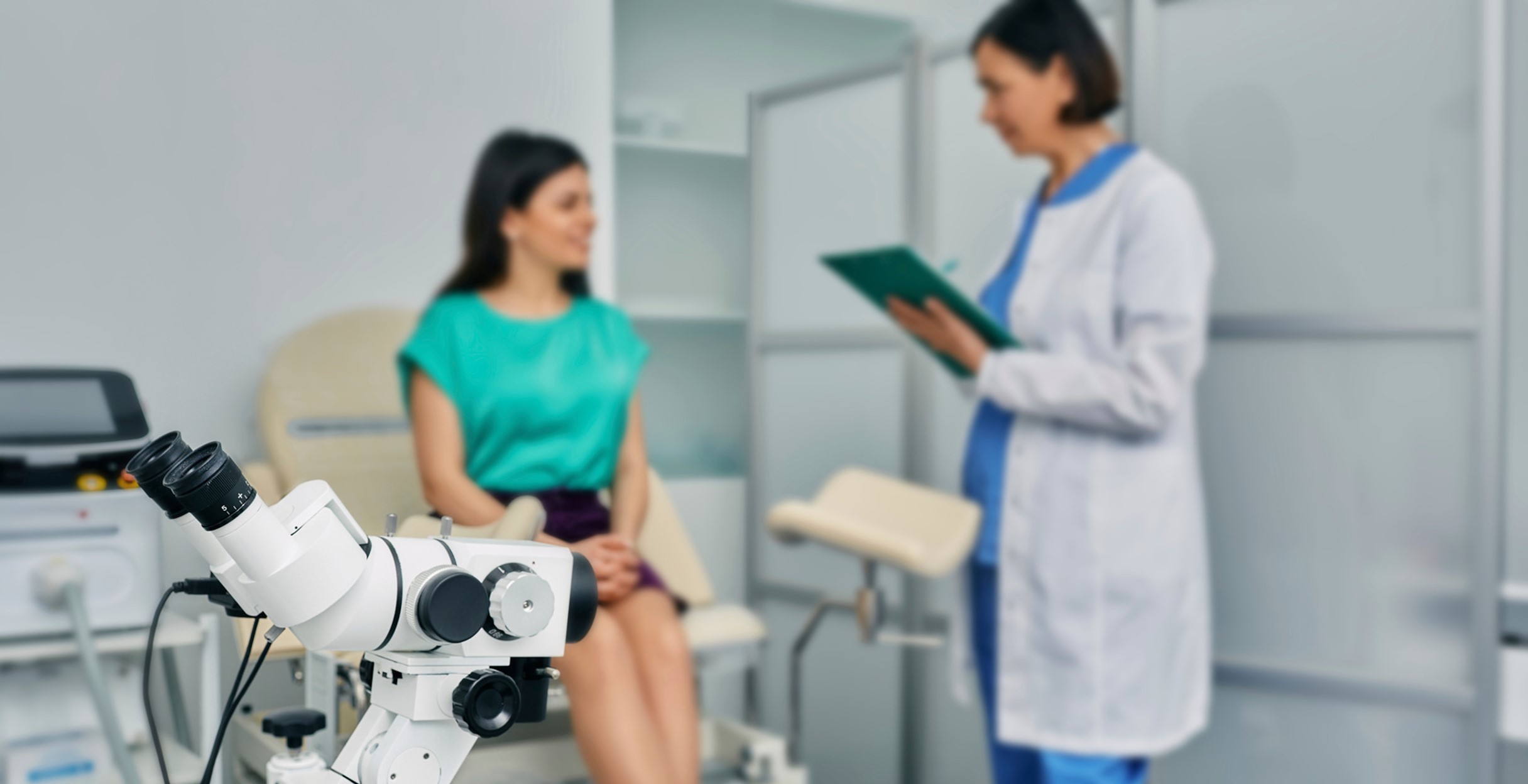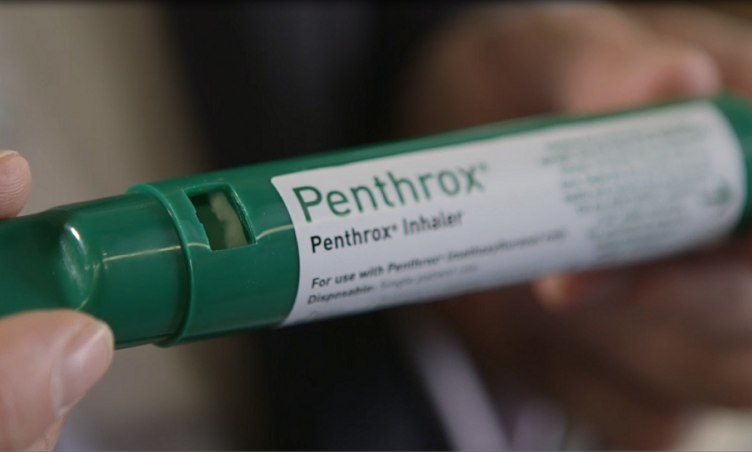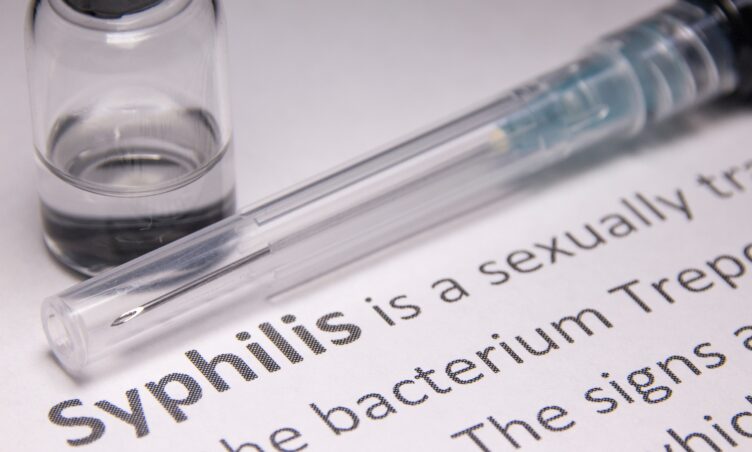GPs, nurses, pharmacists…who do I see for what?

Different health professionals provide different sexual and reproductive health services.
It can be confusing to know who to see for what you need. Some services may require a referral or a script, while others don’t. Some services may cost more than others, or may not be covered on your Medicare or Private Health Insurance plan.
Here’s a list of where to go, for some different sexual and reproductive health services:

General Practitioners (GPs)
Your general practitioner is usually your first point of contact for any health concerns. Choose a GP you feel comfortable with (for example, if you prefer a female GP, or a GP who has a special interest in sexual health).
All GPs should be able to provide:
- Cervical screening
- STI testing (eg urine test, blood test, swabs)
- Some STI treatment (eg prescribing antibiotics)
- Contraception counselling and prescriptions (eg for the pill, vaginal ring, implant, IUD)
- Vaccinations (eg for HPV or Hepatitis vaccines)
- Referrals for further treatment (eg for blood tests, ultrasounds, counselling and specialists)
GPs who have done special training can also provide:
- Contraception options (eg IUDs, implants, diaphragms, vasectomy)
- Medication and surgical abortions
- Bedside ultrasounds
- Non-directive pregnancy options counselling
- Specialised STI management (eg for HIV and Hepatitis)

Nurses
Nurses can work in a variety of settings such as GP clinics, sexual health clinics, community health centres and hospitals.
Depending on their qualifications, nurses can help you with:
- Cervical screening
- STI testing, treatment and contact tracing
- Contraception and abortion care
- Pregnancy testing
- Midwifery
- Vaccination
- Baby and breastfeeding support
- Education and information

Specialists
A specialist is a medical doctor that is an expert in one specific area of medicine. For example, a gynaecologist specialises in the health of the ‘female’ reproductive system (eg vagina, uterus, and ovaries) and an obstetrician specialises in pregnancy, childbirth and health after birth. Specialists work in private clinics and hospitals.
Specialists can provide surgical procedures as well as other healthcare:
- Medical and surgical abortions
- Contraception prescriptions and insertion (eg IUDs and implants, the pill)
- Tubal ligation
- STI screening and treatment
- Colposcopy and treatment
To see a specialist, you will need a referral from a GP first. Sometimes, a GP may refer you to a specialist to investigate a specific concern, such as PCOS, abnormal Cervical Screening results, menstrual concerns or fertility concerns.

Pharmacists
A pharmacist prepares and dispenses medications. They advise people on how to use medications (eg potential side effects, dosage, taking other medications at the same time).
You can go to a pharmacist and buy the following without a prescription:
- Emergency contraceptive pills
- Pregnancy tests
- Diaphragms
- Condoms and dental dams
- Lubricants
- Menstrual products (eg pads, tampons, cups)
- Some ointments and creams for irritation and infections
- Some pain relief medications
Other medications and devices require a prescription:
- Most contraception (eg the pill, IUDs, implants, vaginal rings)
- Medical abortion pills
- Treatments for STIs and other infections (eg antibiotics)
- Stronger pain relief medications
Some pharmacies are also able to provide services such as vaccinations and Cervical Screening tests on site. There are Supercare Pharmacies across Victoria that have extended opening hours and nursing support.

Go to the Emergency Department at your local hospital if you are seriously ill or injured. The Emergency Department is open 24 hours a day, with trained medical staff to manage urgent medical problems. These could include:
- Uncontrolled bleeding
- Severe pain
- Allergic reactions to a medication
- Pregnancy complications
- Sexual assault
Depending on the hospital and how sick you are, you may have to wait before you are seen by a doctor. You can bring a support person with you.
In case of a medical emergency, call Triple Zero (000) and ask for an ambulance.






